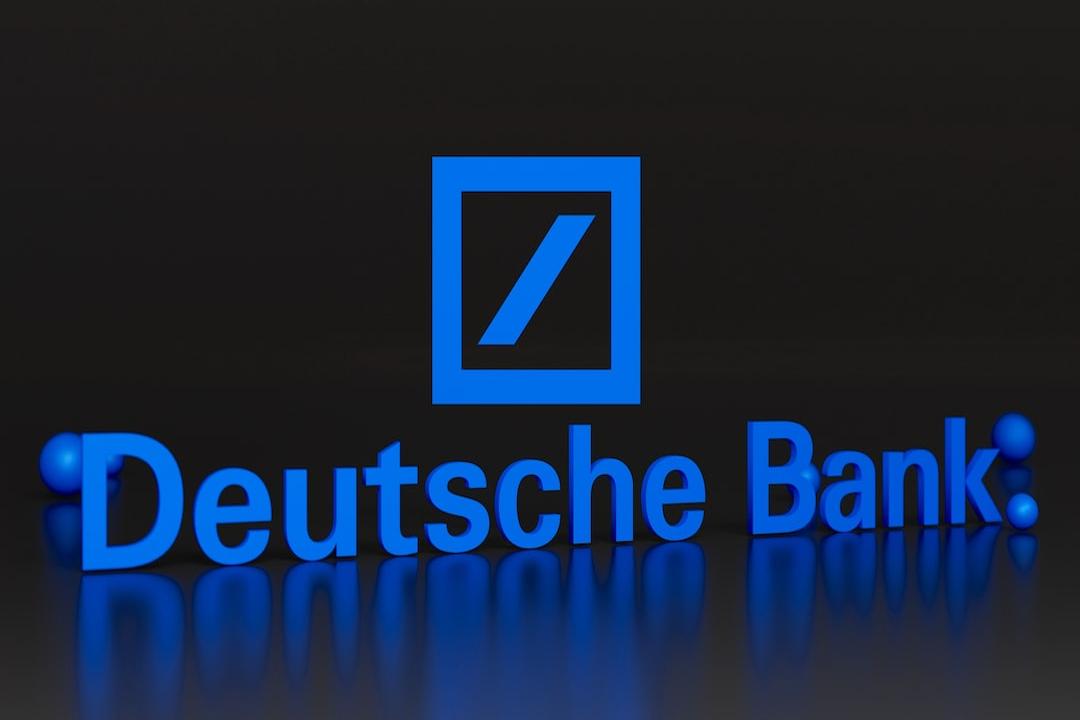The US House of Representatives has voted to pass a resolution to override the US Securities and Exchange Commission’s (SEC) cryptocurrency accounting guidelines, which industry insiders believe would be detrimental to banks engaging in cryptocurrency-related transactions. However, President Joe Biden has promised to veto the bill if it reaches his desk for signature. In essence, Biden is siding with the SEC in hopes of imposing strict regulations on cryptocurrencies and overriding the proposal from the House of Representatives.
Biden’s veto comes after much debate surrounding the SEC’s Statement of Accounting Bulletin No. 121 (SAB 121), which has been a topic of discussion among digital asset companies and lawmakers. The bulletin aims to make the accounting of digital assets more transparent by instructing banks that hold customer digital tokens to mark them on their balance sheets. However, this could result in significant capital expenditure.
In a statement on Wednesday, Biden stated that the release of SAB 121 was intended to address technological, legal, and regulatory risks that have caused significant losses to consumers. He further expressed that restricting the ability of the SEC to maintain a comprehensive and effective regulatory framework for cryptocurrencies would lead to financial instability and market uncertainty.
This turn of events has dampened the cryptocurrency industry’s hopes for this potential legislation, as many stakeholders were looking forward to its passage to promote greater adoption of Bitcoin within the traditional financial system.
However, the White House seems to be standing firm. The statement suggests that if the bill is presented to President Biden as is, he will strongly oppose it. The potential veto power could further complicate efforts to integrate Bitcoin and other cryptocurrencies into established financial practices.
For the Biden administration, the veto is aimed at preserving the effectiveness of the US Securities and Exchange Commission’s mission to protect investors and market stability. While this is a compelling argument, it may exacerbate tensions between the unstable regulatory environment and entrepreneurs and cryptocurrency investors.
In addition to Biden’s potential veto power, the entire regulatory framework surrounding cryptocurrencies in the United States is currently a subject of major controversy. Many voices regularly condemn the lack of clarity and consistency from authorities.
On one hand, the US Securities and Exchange Commission and other regulatory bodies advocate for a stringent approach to regulate industry participants. However, at the same time, some lawmakers are attempting to relax regulations to foster innovation. This ongoing tug-of-war continues to perpetuate a harmful atmosphere of uncertainty.
What’s worse is that this regulatory uncertainty has once again raised concerns about the instinctive reaction of the United States towards cryptocurrency regulation. This prospect could greatly hinder widespread institutional adoption of Bitcoin and similar products.
In the United States, the path to a calm cryptocurrency regulatory environment remains full of obstacles. Biden’s consideration of veto power is just the latest twist in a long and legendary tale.
Earlier in February, industry organizations such as the Bank Policy Institute, the American Bankers Association, and the Financial Services Forum requested the US SEC to amend SAB 121, a regulatory provision that restricts banks’ involvement in the digital currency space.
US lawmakers are seeking to overturn the SEC’s cryptocurrency accounting policy, with Senator Cynthia Lummis and Representatives Wiley Nickel and Mike Flood leading the charge to abolish SEC’s Staff Accounting Bulletin No. 121.
In a statement, the representatives said, “While accounting standards have implications for how financial institutions handle custodial assets, the SEC issued SAB 121 without consulting with prudential regulators. In the face of regulatory overreach, it is the duty of Congress to provide checks and balances.”
On the contrary, former US President Donald Trump expressed that he would stop his hostile attitude towards cryptocurrencies and “ensure” that campaign donations in cryptocurrencies are accepted.
Standard Chartered Bank predicts that a second term for the Trump administration would create a favorable regulatory environment and bring positive prospects for the cryptocurrency industry.
During his tenure as president, Trump initially opposed cryptocurrencies and Bitcoin. However, since leaving office, he has launched various NFTs. Last month, he described Bitcoin as “another form of currency” and noted the popularity of cryptocurrencies.
In conclusion, despite regulatory ambiguity in the United States, all stakeholders agree on the need for a clear and enduring framework for digital assets.
This is a significant challenge that requires significant efforts from all stakeholders, especially those who support Bitcoin.
Tags:
SEC
Biden
Bitcoin
Regulatory bodies
United States
Source Link:
https://mp.weixin.qq.com/s/z05v7le9Blhzs-rmvwaTtg
Disclaimer: The views expressed in this article by BitPush do not constitute investment advice.


